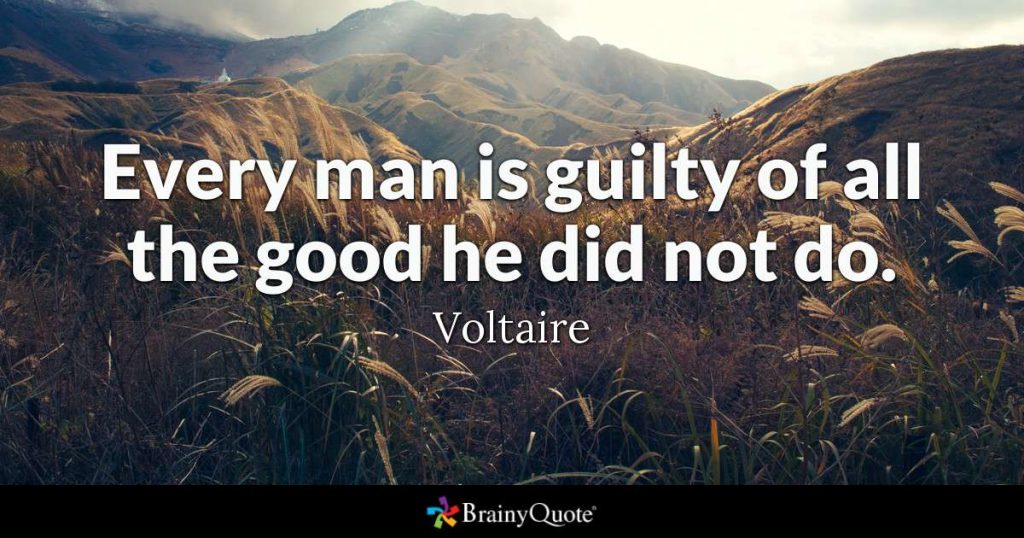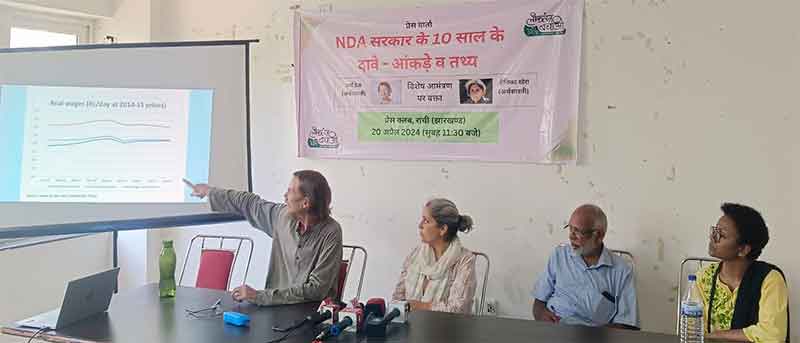
The comfort of rich people depends on an abundant supply of poor people. -Voltaire
Greed is as old as time. As long as there are people, greed and avarice will continue to exist. In Ancient Greece they had a special word for it: ‘pleonexia’. Pleonexia is a concept that unites greed, covetousness and avarice in a philosophical context. Strictly speaking, it is ‘the insatiable desire to have what rightfully belongs to others’. In other words, ruthless selfishness and the arrogant assumption that other people and things are there to be taken advantage of.
But pleonexia is more than that. It is a disease, a form of psychopathy. Pleonexia is not only greed in the usual sense, but also the insatiable desire to acquire, collect or obtain something, whether it is money, property or power. People who suffer from pleonexia, you might say, are in a state of constant dissatisfaction, controlled by a feeling of never having enough.
Pleonexia is therefore not just greed, but unquenchable greed. It is not about money or possessions, but about the endless accumulation of money and possessions. This could be considered a form of neurosis. An illness. And that is exactly what the Greeks meant by it. Aristotle saw it as a symptom of a disturbed soul.
Pleonexia throughout history
The principle of greed as a syndrome or pathology is to be found regularly in historical and religious texts, not only with the Ancient Greeks. In Ecclesiastes 5:10 we read: ‘Whoever loves money never has enough; whoever loves wealth is never satisfied with their income. The more you have, the more people will benefit from it.’ And in Luke 12:15, Jesus says, ‘Beware! Be on your guard against all kinds of greed; life does not consist in an abundance of possessions.’
In Buddhism, greed is one of the three poisons, the three sources responsible for all suffering; namely lobha, dvesha and moha, usually translated as ‘greed’, ‘hatred’ and ‘ignorance’. Again, greed is not so much perceived as a sin, but more as an error, a disease. It is also one of the five obstacles to spiritual enlightenment. In other words, a spiritual obstruction.
This has been the prevailing view for centuries. ‘It’s not good to have everything you want,’ Blaise Pascal warns. Bertrand Russel adds that not having everything you want is an indispensable part of happiness.
As late as the mid-twentieth century, social psychologist Erich Fromm says: ‘Greed is a bottomless pit that exhausts people in an endless effort to meet their needs without ever achieving satisfaction.’
Not until our own time, and for the first time in history, something strange happens. Then greed becomes a potential virtue.
From bad to worse
In the past, pleonexia was a sin, an evil, at most a necessary evil. But in our time that is no longer the case. Of course, there have been countless rulers and systems based on greed. Nevertheless, something has changed in the past 50 years. Greed, or pleonexia, has never been this institutionalized. These days, we are dealing with the MORAL of money. Greed, it seems, has become a positive characteristic that is in the interests of a country or group.
This turnaround is largely due to the economist Adam Smith, who, like no other, put economy (read: money) in place of morality. Simply put, he argued that if we position the economy at the heart of society, everything will magically be all right.
This philosophy, however, meant that Smith divided the world into useful and useless individuals. Useful individuals contribute to the economy, useless individuals do not. ‘The real tragedy of the poor is the poverty of their ambitions,’ he says. The poor are not the victims of a merciless capitalist system, Smith believes, but the cause of a faltering economy. By demonizing the poor, he automatically glorifies the rich. And with that he turns the whole morality on its head. Virtue is more to fear than vice, because its excesses are not subject to the regulation of conscience, Smith says.
Money was a necessary evil, now it has become the pivot of our moral compass.
‘Greed is good’
From such a view it is only a small step to the total glorification of greed. In the movie ‘Wall Street’ we meet the iconic character Gordon Gekko, played by Michael Douglas. The villain Gekko is the embodiment of greed. In the film he gives the infamous “greed is good” speech:
‘The point is, ladies and gentleman, that ‘greed’ — for lack of a better word — is good. Greed is right. Greed works. Greed clarifies, cuts through, and captures the essence of the evolutionary spirit. Greed, in all of its forms — greed for life, for money, for love, knowledge — has marked the upward surge of mankind.’
The speech was based on a famous lecture delivered by trader Ivan Boesky on the positive aspects of greed at the University of California, where he said in part, ‘I think greed is healthy. You can be greedy and still feel good about yourself.’
The economist Milton Friedman, champion of free-market capitalism and limited government, was one of the first to try to give greed a place in state policy: ‘The problem of social organization is how to set up an arrangement under which greed will do the least harm,’ he said, ‘capitalism is that kind of a system.’
Pleonexia as a form of government
What has, in short, happened over the past decades, is that we very consciously made pleonexia a form of government.
And that is clearly reflected in the way in which we conduct politics in the West. Donald Trump evidently holds the economy as the highest good. Issues such as the environment, education and science are losing ground, and have been subordinated to the accumulation of money. ‘Economy’ has become the magic word to implement the most rapacious reforms.
The morality of a civilization doesn’t change overnight. There is no point in introducing all kinds of new rules to protect us from the excesses of capitalism, if capitalism remains the engine, and the most important aspect of society.
What we must realize is that the world is sick. Humanity suffers from pleonexia, from a pathological and insatiable greed. Firstly, we must remember all those old warnings: that greed is a disease, a condition that destroys us. Secondly, we must look for a new morality, and with it a state structure that is NOT based on greed.
What being a socialist means is… that you hold out… a vision of society where poverty is absolutely unnecessary, where international relations are not based on greed… but on cooperation… where human beings can own the means of production and work together rather than having to work as semi-slaves to other people who can hire and fire.
– Bernie Sanders
I’m Peter van Els, living in the Netherlands. Autodidact. Life is my greatest teacher and i started writing end 2015, to stand up against lawless and corrupt governments and the real power, the shadow government, the world elite. “Enough is enough” . I said to myself, and besides, I think it’s a moral obligation towards our earth and our posterity. I believe that all the good souls should be connect and unite in love, so we can change the system for the benefit of our planet and our posterity.For Worldpeace and Prosperity for all.










































